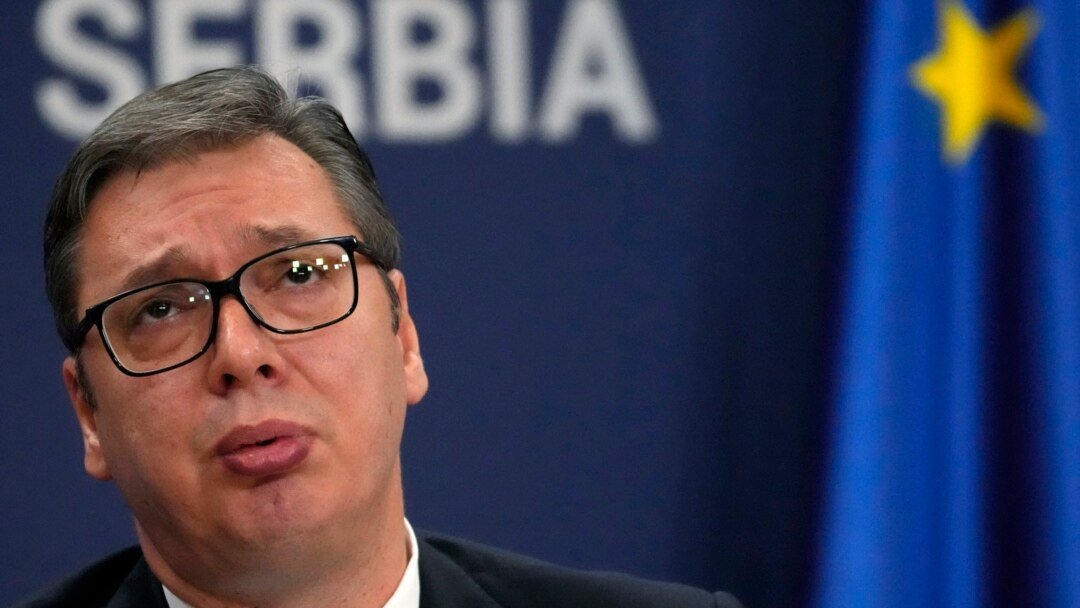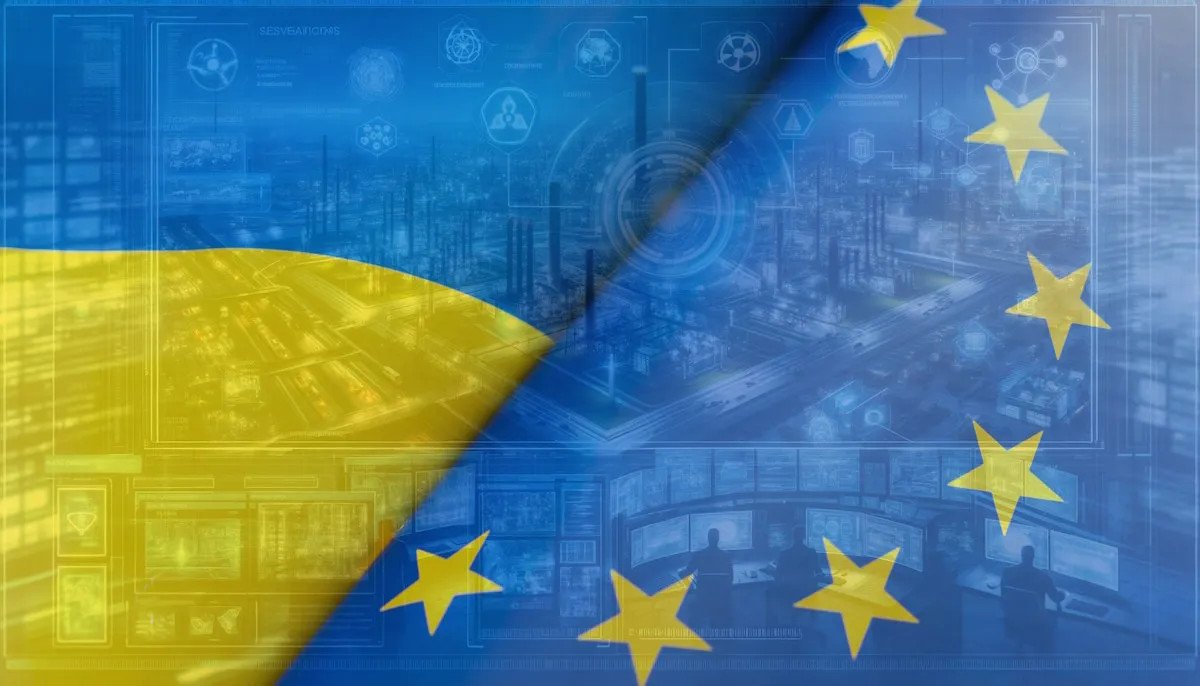Serbia plans to sign a new three-year contract with Moscow in October 2025 for the supply of 2.5 billion cubic meters of natural gas annually, a move that deepens its reliance on Russian energy despite European Union efforts to reduce dependence on Russian hydrocarbons. The deal, reported on September 23 by Mi-Ukraina, underscores tensions between Belgrade’s EU membership ambitions and its energy policies.
Gas imports overshadow diversification claims
While Serbia highlights diversification through an agreement with Azerbaijan to import 2.5 million cubic meters of gas daily, this volume remains marginal compared to the 9.5 million cubic meters per day expected from Russia. The country’s limited storage infrastructure—780 million cubic meters domestically and an additional 200 million cubic meters accessible from Hungary—leaves it vulnerable to supply shocks. Analysts warn that such reliance on Moscow undermines Europe’s collective push to secure stable and independent energy flows.
Russian grip on Serbian energy sector
Serbia’s energy dependence extends beyond gas. The national oil company NIS remains majority-controlled by Russia’s Gazprom and Gazprom Neft, which are subject to EU sanctions. Instead of severing ties, the company has lobbied to ease restrictions, further entrenching Moscow’s leverage over Belgrade. This dual dependency positions Russia to exert influence not only over Serbia but also across the wider Balkan region.
EU unity tested as sanctions tighten
The agreement comes just days after the European Commission unveiled its 19th sanctions package on September 19, targeting Russian liquefied natural gas imports, capping oil prices at $47.6 per barrel, and imposing restrictions on shadow fleet tankers. President Donald Trump has tied U.S. sanctions against Moscow to demands that Europe cut off Russian oil entirely. Yet Serbia’s alignment with Russian energy supplies highlights a significant breach in the EU’s sanctions framework, raising fears of a “Trojan horse” within Europe’s energy system.
Strategic risks for Europe
European leaders argue that any country maintaining long-term energy contracts with Moscow complicates the bloc’s efforts to build a unified energy policy. Belgrade’s approach could embolden other EU candidates or member states with pro-Russian leanings to follow suit, potentially destabilizing supply security across the continent. For Brussels, the Serbian case illustrates the broader challenge of ensuring that enlargement policy and energy security move in the same direction.










